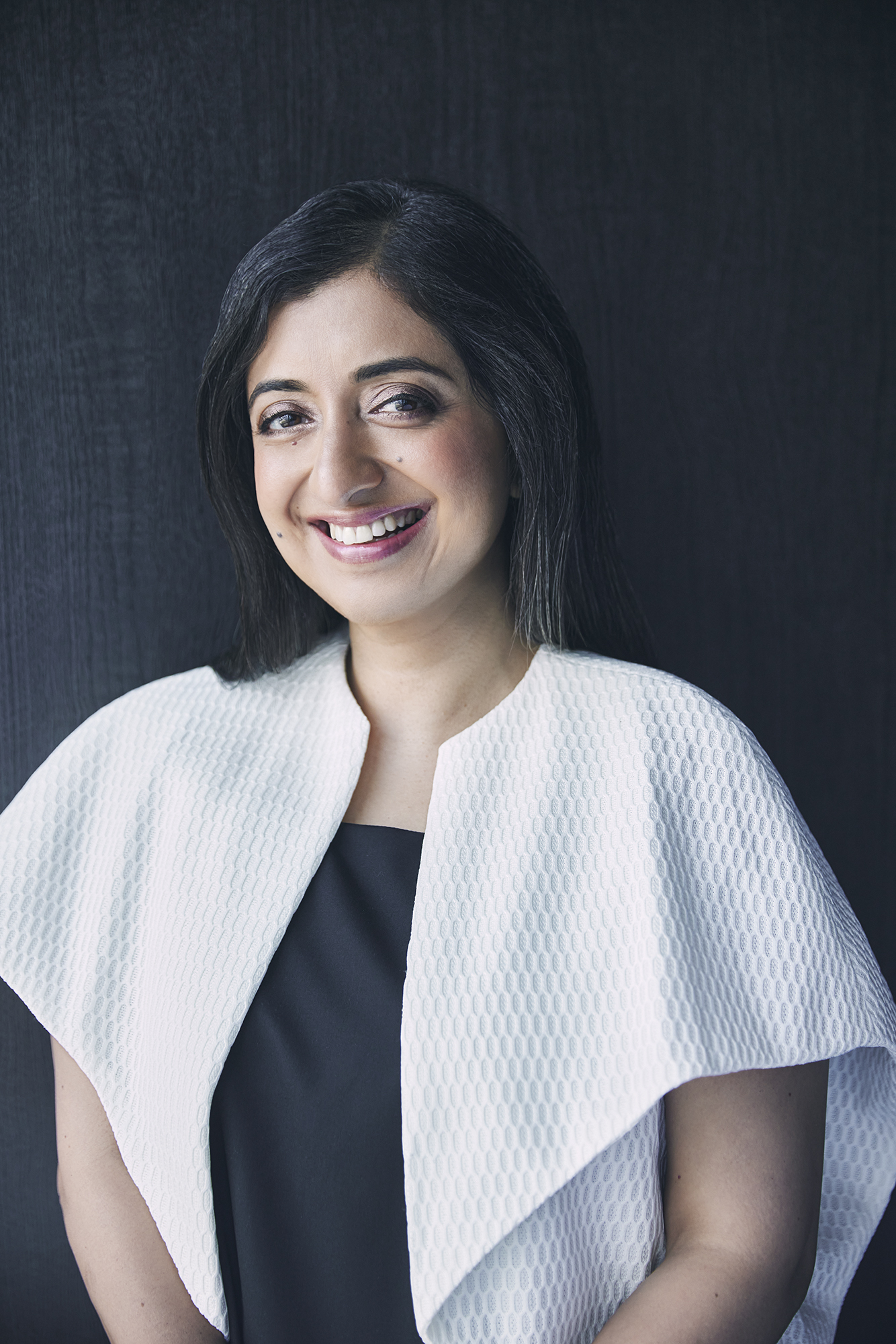The traditional idea of working hard until retirement is quickly giving way to something more dynamic – the concept of the “mini-retirement.” Across Singapore, and elsewhere globally, more people are intentionally pausing their careers to pursue personal passions, family time, or simply rest and renewal.

“People want to live their wealth, not just accumulate it for a distant future,” says Ashmita Acharya, Head of International Wealth and Premier Banking, HSBC Singapore. “Our recent Quality of Life: Affluent Investor Snapshot 2025 found that 49% of affluent Singaporeans plan to take multiple mini-retirements across their lifetime, slightly higher than the global average of 45%.”
The pandemic accelerated this mindset shift, prompting many to reassess what truly matters. “We’ve seen a fundamental change in how people value their time and energy,” Acharya explains. “Health, family, and personal fulfilment have moved up the priority list. And with better access to financial tools, more people now realise these breaks are achievable with disciplined planning.”
- PLANNING WITH PURPOSE
- KEEPING LONG-TERM GOALS ON TRACK
- THE NEW DEFINITION OF WEALTH
- WHO’S LEADING THE CHANGE
Planning With Purpose
While the appeal of a mini-retirement is clear, the practicalities demand careful thought. HSBC’s research shows that financial security remains the top concern for Singaporeans considering a career break (48%), followed by family obligations (38%), and anxiety about re-entering the job market (38%).
According to Acharya, confident planning starts with understanding total living costs: From everyday expenses and insurance continuity to anticipated travel or personal projects. “It’s about building a dedicated ‘break fund’ that includes an emergency buffer, maintaining benefits like health insurance or CPF contributions, and planning a financial runway for re-entry,” she advises.
A wealth advisor can also help sequence cash flow, assess liquidity, and stress-test scenarios so clients can sustain their lifestyles without compromising long-term goals. “The key is to integrate the mini-retirement into your overall financial roadmap, rather than treating it as a standalone event,” she adds.
(Related: Redefining legacy for a new generation)

“Success today is much broader. It’s about balance, fulfilment, and wellness – not just career progression or wealth accumulation.” - Ashmita Acharya
- PLANNING WITH PURPOSE
- KEEPING LONG-TERM GOALS ON TRACK
- THE NEW DEFINITION OF WEALTH
- WHO’S LEADING THE CHANGE
Keeping Long-Term Goals on Track
HSBC’s findings show Singaporeans are already proactive about funding their breaks: 56% rely on personal savings and 52% on investment income, both above global averages. To support such planning, tools like HSBC’s Future Planner help clients visualise trade-offs, shortfalls, and income sources in real time.
“These conversations make the invisible visible,” says Acharya. “They help clients see how adjusting the length of a break or reallocating passive income streams can preserve other priorities like home ownership, education, and retirement.”
In short, the mini-retirement isn’t a detour, but another milestone in a well-structured financial journey.
- PLANNING WITH PURPOSE
- KEEPING LONG-TERM GOALS ON TRACK
- THE NEW DEFINITION OF WEALTH
- WHO’S LEADING THE CHANGE
The New Definition of Wealth
For Acharya, the rise of mini-retirements reflects a deeper cultural evolution. “Success today is much broader,” she observes. “It’s about balance, fulfilment, and wellness – not just career progression or wealth accumulation.”
HSBC’s research supports this view: Nearly 87% of people globally who have taken mini-retirements say it improved their quality of life. Clients are increasingly aligning their wealth with what matters most, whether that’s travel, sabbaticals, personal passions, or supporting causes they believe in.
“It’s about making money meaningful,” Acharya says. “Ensuring it enables a fulfilling life rather than simply accumulating for later.”
(Related: Financial Literacy – The foundation of financial independence)
- PLANNING WITH PURPOSE
- KEEPING LONG-TERM GOALS ON TRACK
- THE NEW DEFINITION OF WEALTH
- WHO’S LEADING THE CHANGE
Who’s Leading the Change
Younger generations are driving this shift most strongly. Gen Z and Millennials are planning multiple intentional pauses to focus on family, passions, and growth, often using flexible investment strategies, digital planning tools, and diversified income sources.
At the same time, it’s not only the young who are rethinking their paths. “The average intended age for a mini-retirement in Singapore is around 48.7 years old,” notes Acharya. “That tells us this is more than a youth trend. It’s a broader redefinition of how people pace their careers and enjoy their wealth.”













 Back
Back
